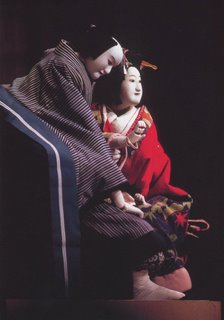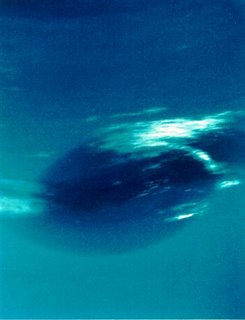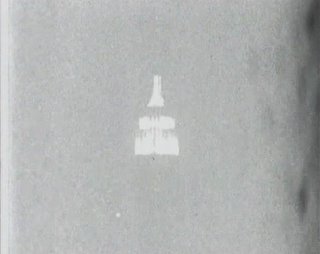
There was a puppet maker in 19th century Japan who lived with one of his dolls. They were effectively man and wife, and slept, ate and spent most of their leisure hours together. He was quite devoted to her, and on the puppet maker's death, they were buried in the same coffin. I'm not sure whether this is a rather noble story, or a pathetically sad one. But the latter seems the narrower judgement. I almost envy him. One could compare him to the sort of man whose wife dies young and who himself lives into old age, refusing to remarry or to break the hold that his memories have over him. Now I spoke about this to a friend of mine once, and she thought such an attitude was more akin to self-mummification than genuine love. And I don't myself believe that there is any afterlife in which such devotion could be honoured. A dead woman cannot return love any more than a doll. Or is there any possible world in which a machine, a puppet or a picture can reciprocate love? Every boy who falls in love with a girl on a poster wonders if there might not be some nobility, some glory to be had if they light a little candle in a special shrine devoted to her. Anyone who has seen Welcome to the Dollhouse remembers the shrine that Dawn makes with candles for the singer in her brother's band. Is there any philosophical plane on which prayers to this guy - in reality, loutish, smug and indifferent to her - might be answered? Or I wonder if someone will write a book called "What Your Computer Thinks About You", in the same style as those books which discuss the feelings which our dogs and cats are supposed to have for us.







